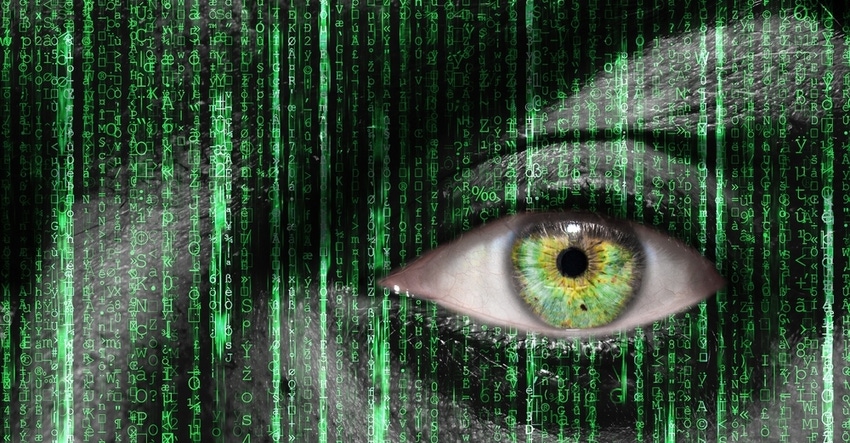UK government determined not to let a good digital identity crisis go to waste
There is apparently a trust problem around digital identities and no wonder, with talk of vaccine passports being required for previously unrestricted activities.
February 11, 2021

There is apparently a trust problem around digital identities and no wonder, with talk of vaccine passports being required for previously unrestricted activities.
To address it the UK government today published its draft rules of engagement regarding the future use of digital identities. The big idea is to make it quicker and easier for people to verify themselves using modern technology. In other words create digital ID documents that are just as trusted as analogue ones such as passports and birth certificates.
On a lot if levels this is a great idea. We can already pay for things, store tickets and do banking on our phones, so why shouldn’t they be trusted for all other types of identification? If done properly a digital identity would be completely trusted and by the only form of ID you need. This is described as a ‘trust framework’ in the government policy paper.
“Establishing trust online is absolutely essential if we are to unleash the future potential of our digital economy,” said Digital Infrastructure Minister Matt Warman. “Today we are publishing draft rules of the road to guide organisations using new digital identity technology and we want industry, civil society groups and the public to make their voices heard. Our aim is to help people confidently verify themselves while safeguarding their privacy so we can build back better and fairer from the pandemic.”
He had to go and say ‘build back better’ didn’t he? And then they wonder why some people get spooked by the raft of new rules and regulations being pushed through under cover of the pandemic recovery. Build Back Better is a slogan adopted by many global politicians to signify the opportunity to use the economic wreckage brought on by the Covid pandemic and resulting lockdowns to introduce much more radical reform than would otherwise have been tolerated by the public. It’s closely aligned with the World Economic Forum’s Great Reset initiative.
Again, what’s not to like? There are certainly plenty of things that need improving and if we can steer the recovery in the most constructive direction then surely that’s a good thing. As ever with grand, top-down initiatives, the devil is not just in the detail, but in the other consequences, intended or otherwise.
That’s why it’s disturbing to hear politicians use that phrase in the same sentence as digital identity. What, exactly, would a ‘better’ digital identity look like? What data would it contain? Under what circumstances would it be required? Would it be mandatory and if so what would be the punishment for not having one? These sorts of question are why there has always been such resistance to the introduction of ID Cards.
This announcement comes just a day after a government Minister admitted we’re in talks with other countries to introduce some kind of vaccine passport, without which we wouldn’t be permitted to travel. Once that precedent is set, who’s to say there won’t be other activities, such as going to the pub, that will now be denied us unless our papers are in order?
“Products that help digitally to verify a person’s identity are becoming increasingly important as more areas of our work and home lives move online,” said Cabinet Office Minister Julia Lopez. “Creating a common trust framework will give greater clarity and certainty to organisations who want to work in this field about what is expected of them. More importantly, however, it will help to deepen users’ trust and confidence in digital identities and the standards we expect in the safeguarding of their personal data and privacy.�”
It’s good to see the government look digital issues in the eye and this seems like another example of us looking to move quickly, unencumbered by EU bureaucracy. Done well, as robust and trusted digital ID would open up a host of opportunities for the individual. But if the government tries to sneak in extra levels of surveillance and restrictions at the same time it risks undermining public trust and thus the whole enterprise.
About the Author(s)
You May Also Like











_1.jpg?width=300&auto=webp&quality=80&disable=upscale)


.png?width=800&auto=webp&quality=80&disable=upscale)